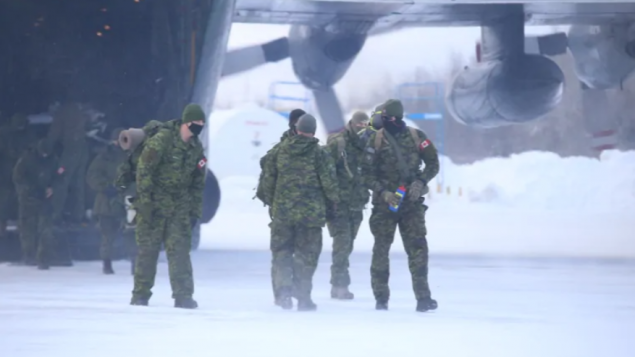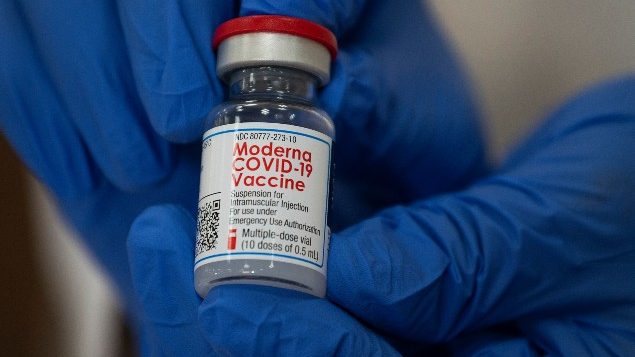Canada’s health department has approved the Moderna vaccine to protect against COVID-19. This is of particular importance because the vaccine’s storage and handling requirements mean it can be distributed to Canada’s many remote and isolated communities. Up to 168,000 doses could arrive before the end of the month, the first possibly coming withing 48 hours.
Canada’s Indigenous people are at greater risk from COVID-19 but they were not among the first to be vaccinated. The Pfizer/BioNTech vaccine was approved by Canada on December 9, 2020 and started being administered two days later. But because it must be stored at extra cold temperatures, it was not suitable for delivery and use in northern communities where many Indigenous people live.
COVID-19 outbreaks in remote communities
Although these communities are isolated, there have been outbreaks of COVID-19. Many people there live in crowded homes, making transmission of the disease more likely and there are limited health services to treat those who get sick. Military personnel have been dispatched to at least six remote Indigenous communities in the provinces of Ontario, Manitoba, Saskatchewan and Alberta, reports CBC News.
The Moderna vaccine does not require such very cold storage and the government has already indicated that first available doses will be sent to remote communities.

On Dec. 13, 2020, military personnel arrived to offer help to the Shamattawa First Nation in the province of Manitoba. (Austin Grabish/CBC)
Government publishes proof of testing
In announcing its approval of the Moderna vaccine, Health Canada has sought to reassure the public that it is safe saying it “meets the Department’s stringent safety, efficacy and quality requirements.” The health department is publishing several documents related to its approval, including “a high-level summary of the evidence” that was used. It promises to make public more information in the coming weeks, including a detailed scientific summary and the full package of clinical trial data.
It also notes that the manufacturer is required to continue providing information on the safety, efficacy and quality of the vaccine. So far, the shot is authorized for people 18 years old and older. But Moderna is currently studying its use in children from 12 years and up.
With the imminent approval of vaccines, public opinion surveys indicated there was an increase in the number of Canadians saying they intend to get inoculated. In November 2020, 40 per cent said they would get the shot and by December the number had climbed to 48 per cent. A steady 14 per cent said they would not.







For reasons beyond our control, and for an undetermined period of time, our comment section is now closed. However, our social networks remain open to your contributions.